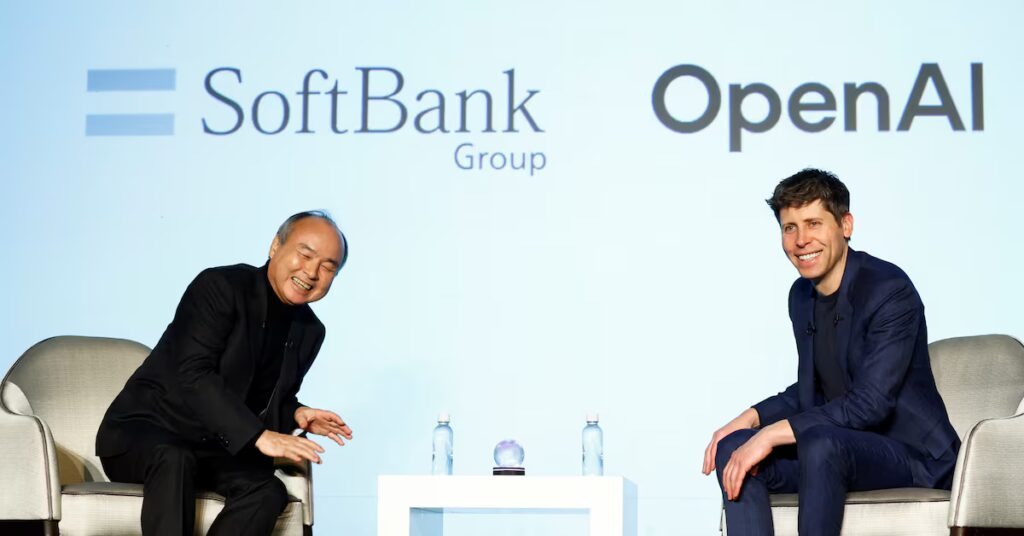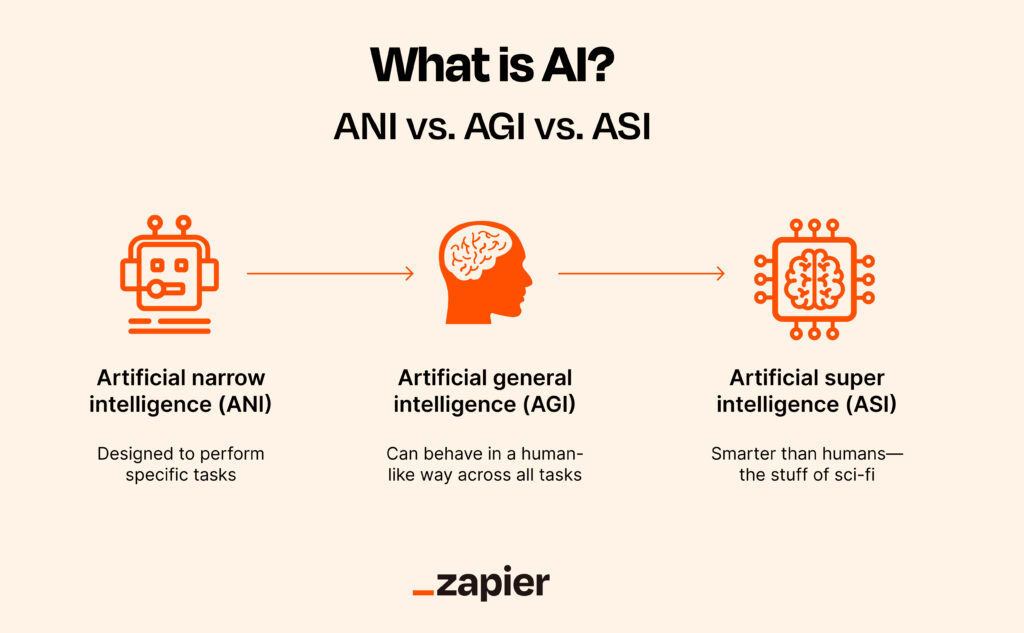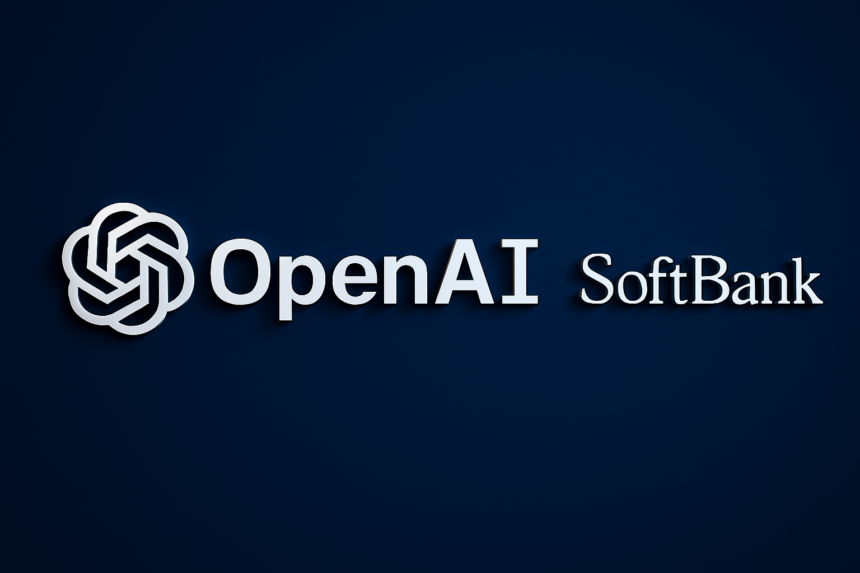OpenAI, the company behind the widely used ChatGPT, has raised an astounding $40 billion in its latest funding round, backed by SoftBank. This partnership, which includes a $10 billion investment upfront, marks a significant milestone for the AI industry. The funds are intended to accelerate OpenAI’s push toward artificial general intelligence (AGI) while SoftBank continues to place its bets on the AI-driven future of technology. OpenAI’s new focus will enhance its AI capabilities, fostering greater innovation and positioning the company to develop AI technology further and increase its global influence.
What’s Happening & Why This Matters
A $40 Billion Partnership
OpenAI has partnered with SoftBank to secure $40 billion in funding, with $10 billion coming upfront. SoftBank’s investment demonstrates a growing commitment to advancing AI technology, particularly to achieving AGI. The deal also includes a provision for an additional $30 billion in funding by the end of 2025, contingent on achieving certain performance benchmarks. This deal signifies financial backing and a shared vision of advancing AI to new heights, pushing the boundaries of machine learning, and creating more sophisticated and autonomous systems.
According to OpenAI’s co-founder, Sam Altman, the new funding will allow OpenAI to enhance its computational power and resources, which are essential to developing AGI. In particular, the company intends to continue pushing for massive breakthroughs in language models, machine learning, and AI-driven automation. SoftBank’s involvement is significant because it offers capital and brings its global network and resources to bear in assisting OpenAI’s mission. SoftBank’s leadership sees OpenAI as a major player in the next technological revolution and envisions AGI as a key factor in the next phase of AI advancement.

OpenAI’s Focus on Open-Source Models
The investment deal comes at a time when OpenAI is making changes to its development approach. Historically, OpenAI has been a leader in creating closed-source AI systems. However, the competitive environment in AI development is shifting, with several open-source models emerging as major contenders. Companies like Meta and DeepSeek have developed models gaining significant traction in AI. Meta’s Llama model, for instance, has been downloaded over 1 billion times, while DeepSeek’s R1 model, which was launched in January, is gaining popularity due to its lower cost and advanced capabilities.
In response to this growing competition, OpenAI has decided to pivot toward more open-source practices. While OpenAI has historically kept its most advanced models under wraps, the company has acknowledged the importance of contributing to the open-source ecosystem to stay competitive. Altman noted that OpenAI’s new direction will involve greater transparency and collaboration within the industry, even though data privacy and security challenges remain a concern.
The Changing Dynamics of AI Development
The decision to embrace open-source AI models signals a new phase for OpenAI, as it seeks to collaborate with others in the industry while remaining at the cutting edge of innovation. As companies and governments invest heavily in AI research, OpenAI’s future direction could play a crucial role in shaping the competitive landscape of artificial intelligence. This transition to more open-source solutions further indicates a growing AI development trend, where the boundaries between proprietary and open technologies are becoming more fluid.
Elon Musk, a co-founder of OpenAI, has expressed concerns about the company’s shift away from its original open-source roots. Musk, who once invested heavily in OpenAI, has been vocal about his desire for the company to focus on safety and transparency. While Musk has criticized the company’s closed approach, it remains to be seen whether OpenAI’s open-source strategy will help it stay ahead of rivals in the AI race.
Impact
The partnership between OpenAI and SoftBank represents the relentless drive to develop AGI, a form of artificial intelligence capable of performing tasks that typically require human intelligence. The funding allows OpenAI to scale research and infrastructure and compete with other tech giants like Meta and DeepSeek. Additionally, SoftBank’s commitment to AI positions OpenAI as a key player in the global AI sector, and this financial backing could help ensure that OpenAI remains a dominant force in shaping the future of technology.
The move toward open-source AI models, coupled with SoftBank’s massive financial backing, could mark a turning point in the development of AI technologies. OpenAI’s plans to expand its infrastructure and collaborate with others in the space will spur further industry innovations. At the same time, questions surrounding open-source AI’s security and ethical considerations will continue to be a focal point for both developers and policymakers.

TF Summary: What’s Next
OpenAI’s partnership with SoftBank and its move toward open-source AI models highlight its growing influence in AI. As OpenAI develops deeper AI capabilities and pursues AGI, the SoftBank collaboration will provide the resources needed to expand its operations and research. With the growing interest in AI from both the public and private sectors, the future of AI holds great potential for innovation and societal impact. However, security and privacy challenges will need to be addressed as OpenAI navigates this new chapter in its development.
— Text-to-Speech (TTS) provided by gspeech


